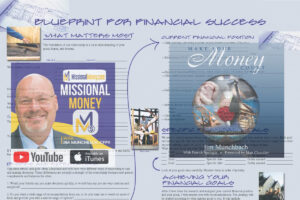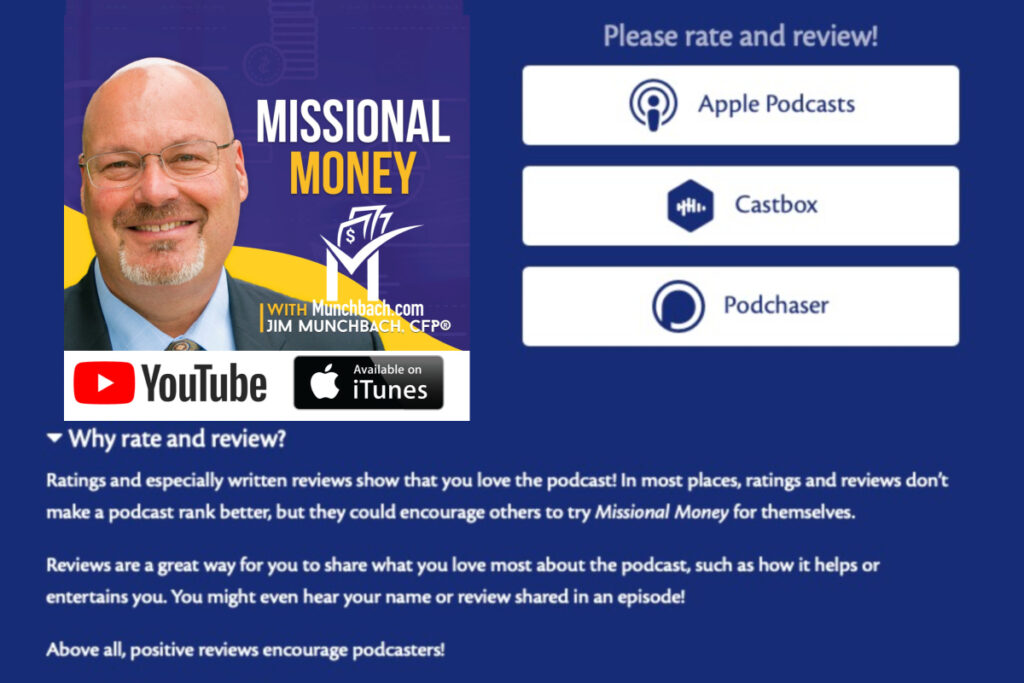Financial Planning Checklist for anyone moving out of state, or who recently moved to another state.
In addition to the logistical challenges and the stress of relocation, this life transition can present a variety of financial issues that significantly impact an investor’s retirement plan. It’s important to identify and weigh options and strategies – before and after the move – in order to ensure that your financial success is protected.
To help guide you through an interstate move, we’ve created this Planning Checklist for Movers. Many of the issues addressed in this Financial Planning Checklist for Movers will be relevant months and even years after your transition. The Moving Checklist covers key issues to consider during this important life event, including:
-
Cash flow issues
-
Establishing domicile
-
Tax considerations
-
Health care matters
Click Here to Grab the Financial Planning Checklist for Movers in our Resource Library!
Financial Planning Checklists and BayRock Proposals
One way BayRock Advisors use Financial Planning Checklists is to leverage them with other tools in our tech stack. We’ve written about how BayRock Advisors are using Financial Planning Checklists with financial planning software. But in this post, we wanted to dig into some success we have had with BayRock Advisors that specifically use Financial Planning Checklists and the BayRock Client Portal.
Here is how BayRock Advisors are using these two resources together.
Two approaches to leveraging Financial Planning Checklists in your Blueprint:
Approach one: Start with a Financial Planning Checklist
Generally, BayRock Advisors start a conversation with new clients via Zoom or by phone and email. Often, we include a Financial Planning Checklist or Flowchart – to introduce a planning concept and to help the investor understand if the situation may apply to them. If the BayRock Advisor identifies a possible tax-planning issue, the BayRock Advisor asks for the tax return and uploads it to the BayRock Client Portal where investor-specific recommendations can be developed and added to the Blueprint.
As an example, BayRock Advisor writes an email, newsletter, or blog post to share with investors that discusses the high-level concept and benefits of doing a Qualified Charitable Distribution. It could outline the benefits, such as reducing tax liability, supporting a charity, and assisting with estate planning.
The Article or Post could end with a call to action such as:
“See the Qualified Charitable Distribution flowchart to consider whether this strategy is right for you. If so, please send us your tax return for further analysis and to receive a specific recommendation.”
Here are some benefits when we use this approach:
-
The BayRock Advisor can craft the introduction to tee up the planning concept, focus on the strategy’s high-level benefits, and not waste time trying to tease out the details and the process. The details can be left to the flowchart. The BayRock Advisor can also inject their professional view and philosophy on the planning opportunity.
-
The investor can self-select and pre-screen themselves without having to contact the BayRock Advisor. Perhaps they are interested in doing a QCD and are about to call the BayRock Advisor. But instead review the flowchart to realize they are unable to pursue the strategy.
After the investor reads the letter, reviews the flowchart and sends over the tax return, the BayRock Advisor can develop a recommendation for the investor using the BayRock Client Portal. BayRock Advisors employ this approach regularly. It allows us to quickly and efficiently reach out to all of our investors without having qualifying conversations with each person.
Approach two: Lead with the BayRock Client Portal
BayRock obtains the tax return via the BayRock Client Portal for our review and analysis. With your permission, your CPA will have easy access to your portal so that a joint review can take place. If a tax planning issue is identified, the BayRock Advisor will select relevant Financial Planning Checklists resources to share with the investor and their CPA to explain or support the investor-specific recommendation.
Here’s how BayRock Advisor implements this approach:
-
We use the BayRock Client Portal to securely obtain and analyze tax returns for each investor.
-
When the findings suggest the investor should consider a Roth conversion to help reduce the overall tax burden, the BayRock Advisor prepares the package.
-
The BayRock Advisor summarizes the specific recommendation and the financial benefits of doing the conversion, and the Financial Planning Checklists flowchart that addresses Roth conversion considerations is included to support the recommendation.
-
Depending on the investor situation, the BayRock Advisor may share a different resource, such as such as “Will I Avoid IRMAA Surcharges On Medicare Part B and Part D?” , with the investor and their CPA as needed.
-
The BayRock Advisor then shares the report package with the investor and uses it to guide the investor through the entire conversation. Again, depending on the situation, the proposal can always be shared with the accountant to get their blessing on doing a Roth conversion.
Conclusion
While these two approaches feature two specific planning strategies, there are many other planning issues where you can use Financial Planning Checklists in conjunction with the BayRock Client Portal to help guide investor conversations. Consider how your Advisory Team can use these two powerful tools when you need or want to address 529 plan distributions, IRA and Roth IRA contributions, HSA contributions, NIIT impact, and other planning opportunities.
BayRock is dedicated to helping individual investors, families, and business owners manage the risk and opportunity of everyday life, recover from the unexpected, and realize their highest purpose.
For More Articles
-
Missional Money Financial Training for Families
-
BayRock Wealth Management Services
-
Family Wealth Builder of Houston
-
Family Office Blueprint – Trust Training for Financial Advisors
-
CFP® Game Plan Family Office Training for CFP® Professionals
-
CPA Game Plan Family Office Advisor Training
-
Munchbach Family Office Family Financial Education








